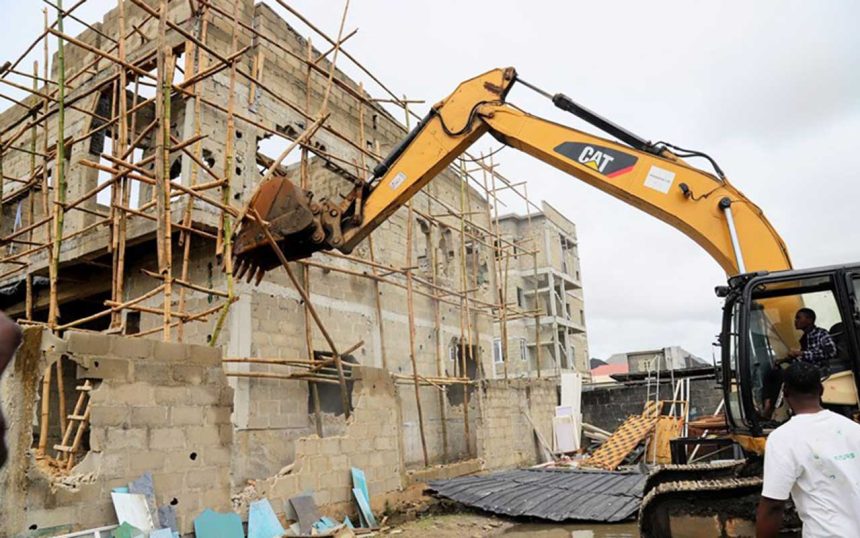Land registration in Nigeria remains plagued by delays, high costs, official corruption, and bureaucratic inefficiencies, discouraging both local and foreign investment while stalling economic growth in the real estate sector.
Key Issues Affecting Land Registration
Despite efforts by some state governments to reduce costs, many Nigerians still struggle to afford the documentation required for land registration. The lack of formal titles increases the risk of fraud, limits property transfers, restricts access to financial credit, and ultimately suppresses real estate market growth.
According to PwC, about 60% of Nigeria’s landmass (923,000 square kilometers) lacks formal titles, making them “dead assets”—neither tradeable nor bankable. This prevents property owners from using their land as collateral for loans, further stifling economic activity.
In most states, completing land title registration can take anywhere between 12 months to two years, requiring multiple documents and payments. Even in states where digital systems have been introduced, bureaucratic hurdles persist.
Regional Variations in Land Registration
The time required to complete land registration varies across different states:
South-West Nigeria:
Lagos: 3–6 months
Ogun: Up to 3 years
Ondo: 2–3 months
Osun: 1–3 years
Oyo: 3 months
South-South Nigeria:
Akwa Ibom: Indefinite delays
Bayelsa, Delta: 6 months
Cross River: 1 month
Edo: 3 months
Rivers: Up to 12 months
South-East Nigeria:
Abia, Enugu, Imo: 1–4 years
Anambra: 1 month
Ebonyi: 6 months
North-West Nigeria:

Sokoto: 2 weeks
Kano: 1–3 months
Kaduna, Katsina, Zamfara: 3 months
Kebbi: 1–4 years
The High Cost of Land Registration
In many states, land registration fees can reach 10% of the land’s market value, covering survey fees, consent fees, stamp duty, and other administrative charges.
For instance, in Lagos, the fees include:
Survey fees: 5% of market value
Stamp duty: 0.05% of market value
Registration fee: 0.5% of market value
Consent fee: 1.5% of market value
This means that for a ₦85 million land purchase, about ₦8.5 million would go towards these fees alone. Additionally, the approval process requires multiple certifications from agencies such as:
Lagos State Physical Planning Permit Authority (LASPPPA)
Ministry of Physical Planning and Urban Development (MPPUD)
State Safety Commission (LSSC)
Environmental Protection Agency (LASEPA)
Lagos State Internal Revenue Service (LIRS)
Expert Opinions on Solving the Crisis
Experts argue that Nigeria’s slow and expensive land registration process discourages investment. Adebisi Adedire, President of the Association of Town Planning Consultants of Nigeria (ATOPCON), highlighted that obtaining land titles often takes between one and three years, even with digitization efforts.

Former NIESV Lagos Chairman, Dotun Bamigbola, noted that many states prioritize internally generated revenue (IGR) over service delivery, making land registration unnecessarily expensive and time-consuming.
Nathaniel Atebije, past president of the Nigerian Institute of Town Planners (NITP), suggested that modernizing the system with better equipment and digitization could cut processing time to just hours. He emphasized that the current bureaucratic delays stem from poor planning and government inefficiencies.
Similarly, Niyi Fadoju, former NIESV Chairman of Real Estate Consulting, urged governments to de-emphasize revenue generation in land administration, advocating for a more transparent, efficient, and supportive system that encourages investment rather than deterring it.
Conclusion
Nigeria’s real estate sector holds immense potential, but land registration inefficiencies continue to hinder its growth. Addressing these challenges through streamlined processes, reduced costs, and increased transparency will unlock opportunities for investment, job creation, and overall economic development.



